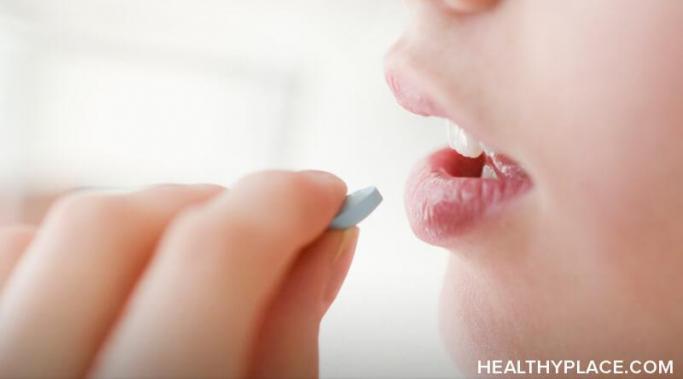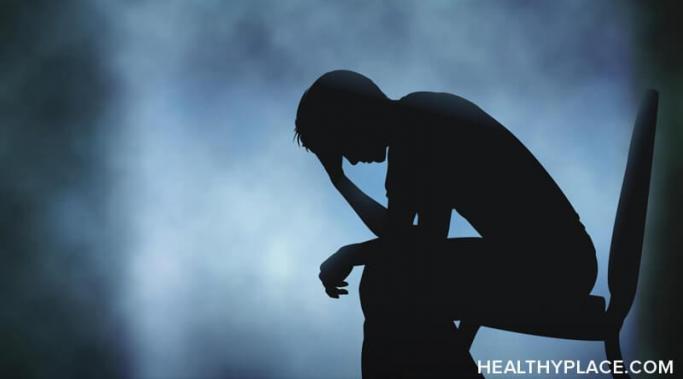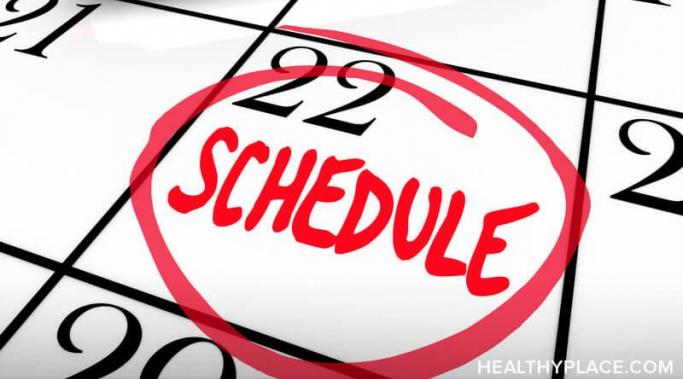Many times during treatment, you may have to consider whether to change your bipolar medication. This is a complicated question and a personal one. The answer varies from person to person. If you're considering changing your bipolar medication, here are some things to think about.
Depression – Breaking Bipolar
Ghosting can affect a person's depression. And while people with mental illnesses like bipolar are known to sometimes ghost others, we, ourselves, get ghosted too. So, what happens to a person's depression when they're ghosted?
I should be able to fix my own depression -- or at least that's what the world keeps telling me. We have a lot of euphemisms for it: pulling yourself up by your bootstraps, walking it off, turning that frown upside down, and so on. And the Internet is full of New Age gurus (and lay people) claiming to know the secret of how to do it -- just buy my book and wave your depression goodbye. But if everyone says it's possible, why can't I fix my own depression?
I've recently undergone a routine change with my bipolar disorder. This has been harder to adapt to than you might think. I find doing the same thing every day has a protective effect on bipolar disorder, so removing that rhythm can do the opposite. A change in my bipolar routine has officially thrown me off my game.
Waiting for depression to pass is interminable, but sometimes it's the only thing to do. In bipolar disorder, what goes down must come up -- at some point, anyway. The trouble is, no one knows when that's going to happen. There can be a lot of waiting for depression to pass in bipolar disorder. I hate it.
I often hide depression with a smile, even when I'm actually extremely depressed. This is a characteristic of "high-functioning" bipolar or depression. In other words, I'm carrying on with life and maybe even look okay, but really, I am drying inside. I've had practice looking mentally well when being really sick for years. I'm awfully good at it. But while this allows me to move through the world more successfully than some, there are also problems when you hide depression despite being very ill.
I control my daydreaming to lessen depression. I know "controlling your daydreaming" sounds a bit odd, but I've found that most mental processes can be controlled to some extent by paying attention. Interestingly, a new study has come out suggesting I had the right idea all along. If you control your daydreaming, you might reduce depression.
Drinking alcohol with bipolar is a no-no, but over the holidays, it can be hard to remember that. After all, at holiday parties, everyone seems to be drinking. What might help is understanding why people with bipolar disorder shouldn't imbibe alcohol.
Some people with bipolar seem like they're so angry. Sometimes, I'm one of those people. I don't take this feeling out on other people, but that doesn't mean I don't feel the anger intensely. Let's discuss why bipolar makes me so angry.
Rumination can be part of depression, and it's critical to understand and recognize depressed ruminations because they can just be the start of a horrible cycle. I have experienced ruminations in depression many times, but now I recognize them and know what to do to mitigate them.









